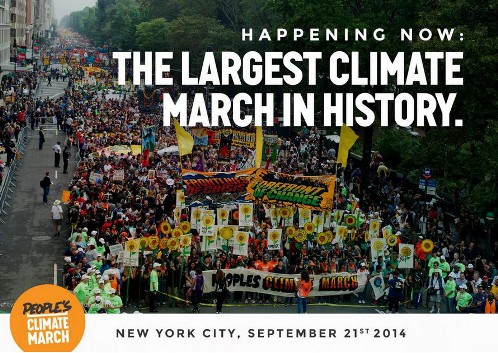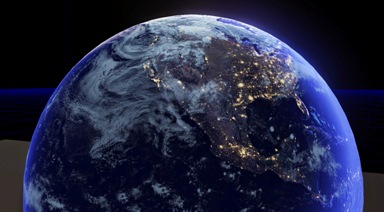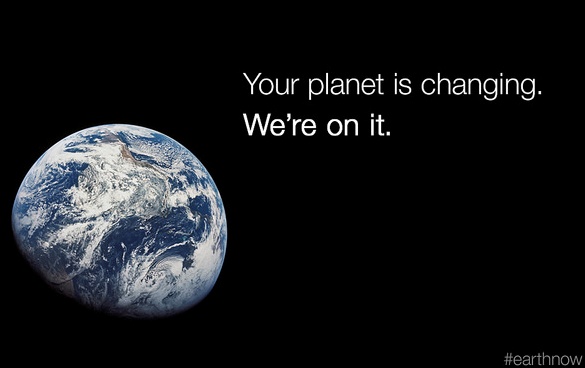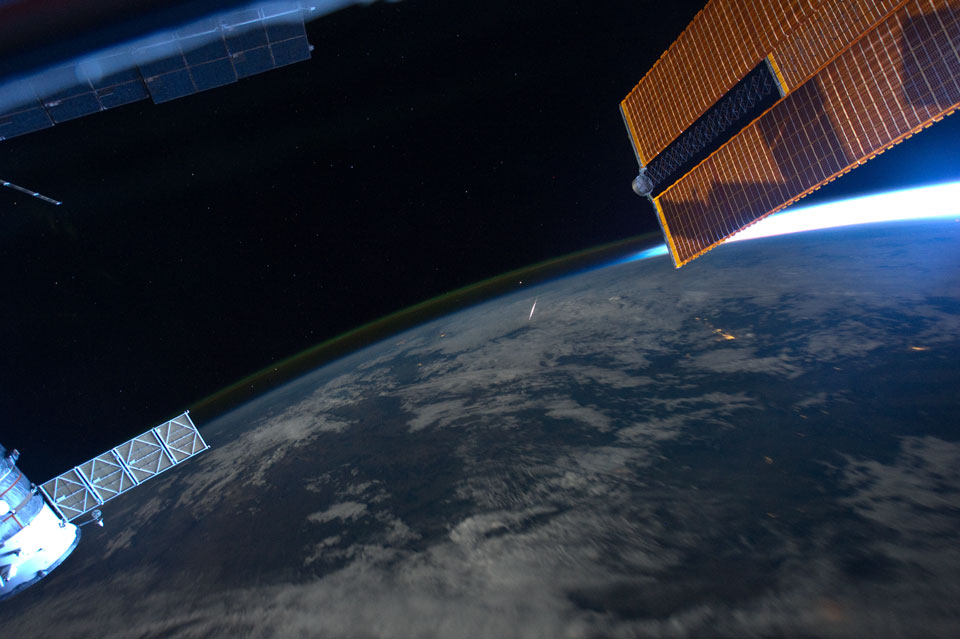PlanetCitizen
PlanetCitizen News
_______________________________________________________________________
About PlanetCitizen
#PlanetCitizen #Earth360
The way we observe and 'feel' about our planet is changing in one generation.
Beginning with the first Whole Earth pictures relayed from the Apollo voyages to the Moon, we have for the first time in history experienced a vision of our planet from afar -- we are, we realize, a 'blue' oasis in space.
Now, thirty+ years after Apollo sent us images of #planetearth, we find everyday "citizens of the planet" planning to go into space and send images back with an array of views of our planet. Small satellites launched by new start-up companies are changing our vision of home. Apollo's famous iconic images are now filling data drives with new ways of seeing -- and securing our environment for ages to come.
A coming new era of #planetearth exploration, using the tools of the digital age and Internet connectivity, is making it possible to see Planet Earth, our home, in new ways.
These are "intelligence reports" in effect, strategic insights that can change our knowledge and perceptions of who we are and how we look at a shared, common future.
The web and larger Internet are linking up and connecting us, in our nations and communities, globally and locally.
__________________________________________________________________________
An API for the Planet #PlanetLabs @Open Source Conference
Mission: Democratizing Access to Information About the Changing Planet
Planet Labs/NYT Planet Labs, newly #ISS deployed Doves Smartphones in space!
Launch of new Flock of Dove Satellites to Image Earth Doves fly Doves flock
Planet Labs 'Dove' micro-satellites [1]
"Rapid cadence imagery, like Planet Labs is developing helps us become
better, more sustainable stewards of Earth." [2] Pulse [3] [4] [5]
_________________________________________________________
Environmental Security @Strategic Demands
21st Century definitions of national and international security
A realization that "Security is indivisible" is on the horizon and security definitions are changing as a result of the dynamics of interactive networks.
The sharing of information is creating a new science of networking. Information is being looked at as never before and #earthscience data is now being collected by networked computers across an interconnected world. In historic ways, open data is being publicly distributed far beyond the restrictive policies of previous times and closed-loop systems.
Today #earthsciences are at the cusp of a rich new world of information. As we share these new realizations, images, data, experiences and understandings, we can be certain of a new, growing awareness of our planet and our 'citizenship' together.
Even now, we have inklings of what is coming. Let's look at one called OCO-2. With the launch of OCO-2, a "game changer", in the summer of 2014, the data of #Earth360 will grow in unprecedented ways as this first orbiting observatory of global warming conditions takes to space and begins to report home - I am OCO-2
Although the Orbiting Carbon Observatory is just the beginning, the future of #earthobserving is here as we see in new ways and observe our environment with new information never before accessible. Space-imaging is opening up amazing views, with 3D and big-screens and home theaters. Coming soon will be views beyond IMAX as companies like Virgin and SpaceX carry citizen travelers into orbit. Educational and scientific information about our communities is being shared, and linked to, and distributed around the Net. From space, the earth is borderless and with vision of the planet as a common #biosphere and #ecosystem comes responsibility for our shared security.
Onto first steps... We are all connected and wherever we are, geographically, nationally, we share a common ground. Let's look at our home and with an 'overview' from space, see the 'Big Picture' and let's look at the details, let's manage and sustain our earth resources and, as we go, look to our shared quality of life onboard the "only home we've ever known."
Here's to our future and future of #Environmental Security
Ω Ω Ω
The Big Picture: Earth from Space
The world of space is a world in flux. The term "New Space" has come to represent a first generation of start ups that are designing, building and launching small, mini- and micro-satellites. New players are challenging the old system of governments that spend billions to explore, commercialize and militarize space. Barriers to entry are being broken and start-up companies are launching flocks of satellite birds into space. Earth monitoring is going planetary and nextgen companies are at the forefront, even as the "old" establishment is shifting to address threats to the environment.
Let's go there to this new world, not a 'new world order' but a world that is being connected and is sharing, linking and seeing the bigger picture.
Let's start by looking at an astro-space establishment, the images of earth and data about earth being sent back from space by established multi-billion dollar companies/ government companies and 'New Space' companies that are now on radar and reporting back with multi-spectra #Earth360 data.
Start with NEX, NASA's version of crowdsourcing... NASA's social media experiment. Ready? Are you interested in using your digital skills to help the government/NASA with environmental security? Perhaps you might start here - The NEX Challenge
Add your talent to the grand project of seeing with an EarthPOV -- so that we can make informed decisions and policy... [6]
Observe, consider, act - "The Big Picture"
NextGen #earthscience in an era of #climatechange and #globalsecurity threats...
Join up with GreenPolicy360 and share our GreenLinks and GP360 Open Data. Time to get going -- planet citizens @work
Ω Ω Ω Ω
Ω Ω Ω Ω Ω
August 2014
Citizens of planet earth typically watch meteor showers by looking up. But this remarkable view, captured on 8/13/11 by astronaut Ron Garan, caught a Perseid meteor by looking down. From Garan's perspective onboard the ISS orbiting at an altitude of about 380 kilometers, the Perseid meteors streak below. The glowing comet dust grains are traveling at about 60 kilometers per second through the denser atmosphere around 100 kilometers above Earth's surface. -- SETI Institute [7]
Lettuce in space [8] Come to think of it - Where is Bruce Dern these days? Silent Running and...
Douglas Trumbull's VFX vision in Silent Running and beyond continues on in our memory banks [9] [10] [11] [12]
Ω Ω Ω Ω Ω Ω






